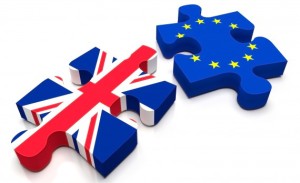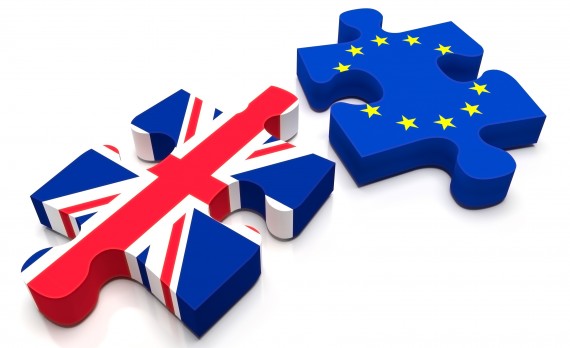
Politics between nations has always made more sense to me when I turn global situations into personal relationships- for instance when newsprint says “Canada”, I read it as “my niece in Ontario”, and when an article says “Israel”, I see it as “my cousin in Tel Aviv”. It’s simplistic, but it works for me.
So, in reading and watching all the recent news about the strife between the UK and the EU, I couldn’t help but mentally characterizing it in the terms of a divorce/unhappy marriage. And then for me to think about the exit process, and the Consilium Process in particular.
An imbalance of power between spouses is unsettling, and oftentimes it’s a significant factor in the demise of a relationship. When you complicate an imbalance of power with heightened emotions brought on by fear or anxiety, otherwise reasonable people (and countries) can lose their ability to trust and communicate with one another. In fact the more one person dominates the relationship, the more the other might flee, or fight, or cower, or freeze. The person with less control is not then likely to listen calmly and think rationally.
Thinking about the UK (let’s call her Charles for purposes of this analogy) as an insulted individual, perhaps someone who was once powerful but now is less so, and the EU (we’ll call her Diana) as the new and more powerful “kid on the block”. The more adored and powerful Diana becomes, the more likely Charles might be to get his ire up (cowering, freezing, fighting and fleeing might all be plausible responses).
This kind of thinking led me to ponder whether the UK, having once had gravitas as an old, wise member of “the club”, might now feel frustrated by the EU. Perhaps the UK, having once been powerful, venerable even, now feels that its earlier position was no longer valued. Perhaps the UK felt abused, taken advantage of, and even publicly humiliated at times. Conceivably divorce would be a way out. The drawbridge would come down and ties would be severed. This past week, the UK told the EU she’d had it with her, she was moving on (perhaps with other allies, perhaps not). Reciprocally, the EU is now likely to be unwelcoming or at least to hold the UK at arm’s length. Before the referendum, many UK constituents thought only of the exit as a way out, the upside. Some of the fallout that has since ensued includes the UK Prime Minister stepping down- analogous perhaps to grandparents no longer offering carte blanche support. In fact, having gotten close to “extended family members” they may be thinking “I’m fed up with both of you”. Where does it leave the rest of the “family”? Do they circle their wagons and bring in reinforcements? Do they extend an olive branch and try to make amends? Do they try to understand the couple’s frustration, or do they assert blame on either and/or both of them? Can they take the 10,000 foot view as Consilium does, or are they mostly consumed with their immediate needs? Is it an indication of “buyer’s remorse” that the day after the referendum, the most googled question in Britain was “What’s the EU”? Similarly, it’s not unusual after filing for divorce, for a person to sense more of the downside ramifications, and to want to backpedal and re-think whether this is her best possible solution.
In emotionally charged times, a well-reasoned, 10,000 foot view can go a long way toward preparing for a journey, be that journey one of restructuring a family, or the geopolitics of nations. It seems to me, that it really is all personal, that the world is so much larger than any one of us, and in these trying times we’d do well to remember the concept of agápe-love: the embrace of a universal, unconditional love that transcends personal differences, that serves the world at large, regardless of present circumstances.


